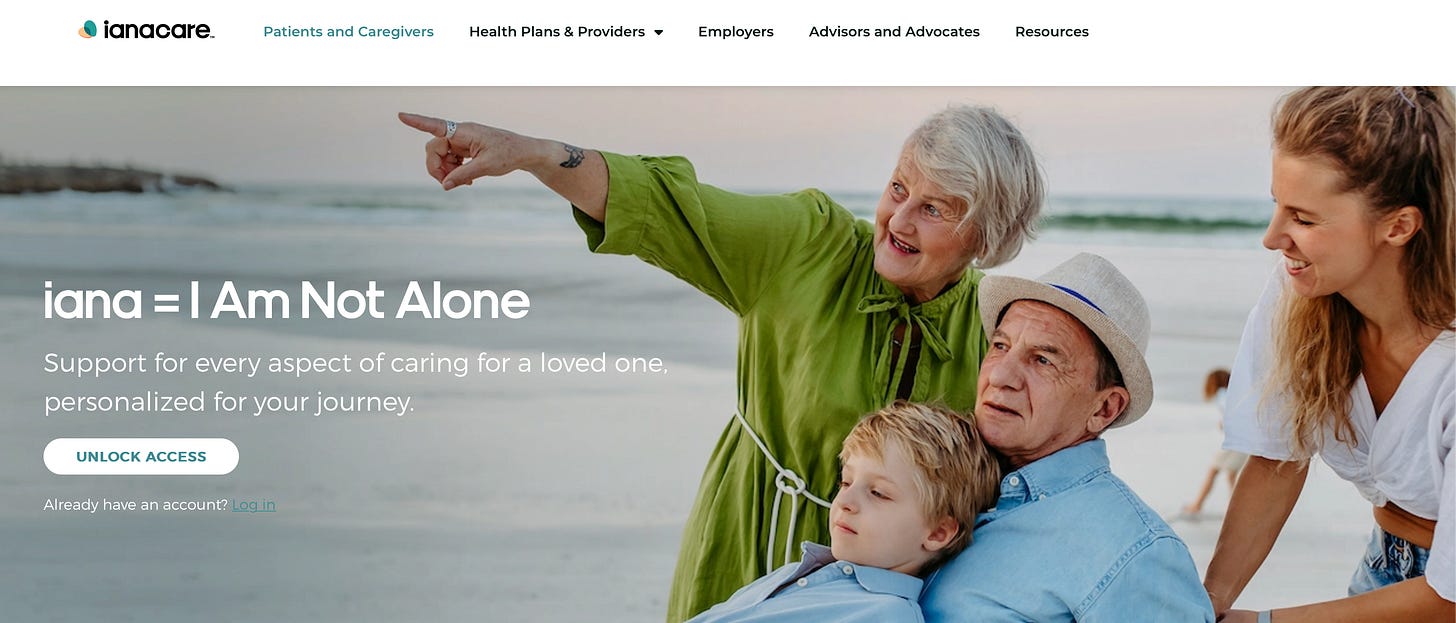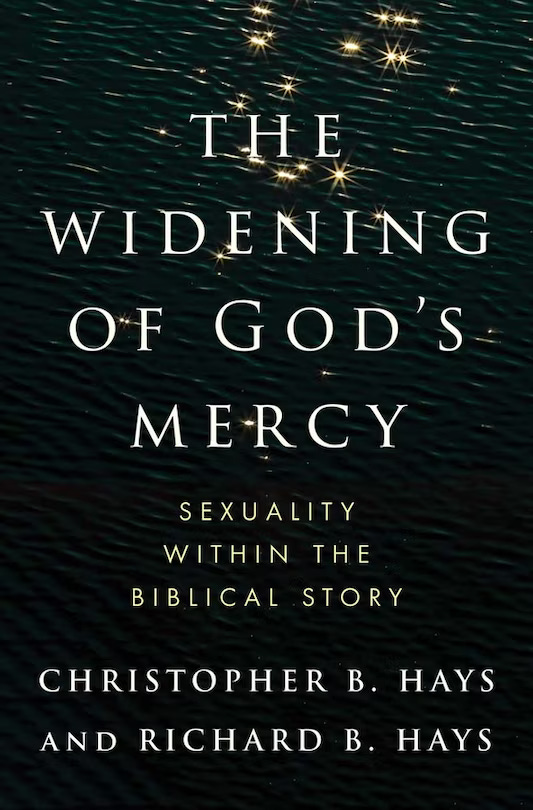I just realized, maybe for the first time, that depending on the emphasis with which one reads the title phrase of this post, I could either be simply using a common phrase with some assumed grammar (“if you don’t hear any news from me, things are going well”)—or making a weighty statement that negatively assesses the reception of new information (“there is no case in which hearing an update is a positive experience”). Being a theologian and an ordained person, the latter would certainly be a funny truth proposition since basically my entire life is centred around the fact that there is a specific set of news (the Gospel) that serves as the archetype for what “good” news actually is. I hope it’s obvious that I mean the former option and not the latter.
I’ll include below a version of the update sent out to the folks who have been providing immediate care of me and my family. There’s a spot in the centre of a Venn diagram where some folks reading this post have read a form of this already. If that’s you, kudos for reading things I write in two places.
While this is not an advertisement, I’m not sure I’ve publicly posted before about this app/service we’ve been using to coordinate care (like babysitting, rides to places when I can’t drive myself, etc.). I suspect there is a non-zero number of you who might find this helpful for some situation in your life. The app is called ianacare, part of which is short for “I Am Not Alone”. The link there is to the web version, but there are also Android and Apple apps. If you’re in a situation where you need to coordinate a lot of stuff, but also need a sort of central hub to pump out updates or request, this is a fantastic option.
Post-day-30, and things are going well! (You may recall that the first thirty days after the CAR-T infusion are the most crucial, as this is the period when the worst side effects appear. Thankfully, with the exception of an expected fever for a few days, I weathered the month-long period well.)
I was waiting to post a more in-depth update until after seeing my usual oncology team and not just the outpatient folks. Good as they are, they haven’t been a part of this from the beginning and don’t view my health from a bird’s eye view—they obviously care, and of course the nurse practitioner attached to me cared very deeply about getting me back on my feet. But I guess this is a way of saying that I was waiting to hear from my oncologist about what “the plan” will be going forward rather than just thinking about triaging the present.
Interestingly, it sounds like—unless I get an infection/have a fever—much of the next couple months is going to be waiting and recovering. I will likely only be doing weekly bloodwork, and really only having any sort of follow-up if something looks amiss. All the key numbers generally look good. The one that will continue to bounce around is my neutrophil count; even then, we’ve laid down some parameters whereby I can give myself injections to boost that number if it dives below 1.0. So, basically I need to pay attention to the results of the bloodwork, but the neutrophil count is one I can actually treat myself.
I am grateful that my oncologist said out loud that because there haven’t been any real physiological complications, this is primarily going to be a mentally difficult couple months as we await the point where I can have a PET scan in mid-December. Obviously no decisions can be made about me possibly returning to work until that scan, which makes me anxious. I would certainly like for life to be somewhat “normal” again, but the nature of my job being tied to semesters means…well, I don’t know what it means. I remain grateful that no one at McMaster is pressuring me to return, but I’d obviously like to be back in the saddle.
I’m getting my appetite back, and my strength is coming back slowly. I only have to ingest two pills and some nasty liquid per day now instead of the…10? pills I had to previously. The goal isn’t to push myself too much over the next couple months, but to work steadily on recovery and to keep myself safe from infections. My immune system will likely never return to what it was pre-CAR-T therapy…not that it was particularly good anyway. Any most of its energy these days is devoted to making sure Edwin doesn’t slather me with Daycare Germs.
Thank you all for continuing to walk beside us through this. Trying to think positively and distract ourselves over the next couple months will be its own challenge, I think, much like this past summer.
So, that’s where things stand right now.
Thankfully, my mental energy is also starting to return. I recently finished reading Christopher and Richard Hays’ The Widening of God’s Mercy, a fascinating example of public theology where a scholar (in this case, the elder Hays, Richard) quite famous for positing views in a particular direction later changes those views—in this case, on LGBTQ issues. As expected, the pair are taking flack from all sides on this one. There are some who think they’ve changed their opinions too late; some who think they’ve reached the correct position, but using a terrible argument and methodology (like using the wrong equation on a math test but getting the answer right); and of course some who think they’ve gone completely apostate. I suspect this book is going to be alive in the popular discourse for quite a while.
I’ve just started reading Ephraim Radner’s Mortal Goods: Reimagining Christian Political Duty. I’m reviewing it for the Anglican Theological Review, so I actually have to pay close attention here.
It seems like Ephraim is going to be arguing not for a sort of Anglican version of the Benedict Option, but a reconsideration of the basic shape of a Christian life (the original political body being the core human relationships) and its duties. Like the Hayses, Ephraim is also taking flack from all sides for this one based on a handful of the other reviews that I’ve read. I’m not sure if I’ll explicitly address any of those reviews in mine, but it’s certainly tempting. Like all of Ephraim’s other books, I suspect I will agree with many of his larger premises while disagreeing with some of the finer points. And I wouldn’t have it any other way. I’m attracted to controversial theology the way my son is attracted to Halloween candy.
So I suppose the theme here is that I’m reading controversial books to get my brain muscles flexing again. If it works, it works!
I don’t have any pithy takes on All Saints’ Day/All Souls’ Day; I’m sure you’re all disappointed. But until I get a clear scan showing full remission, I’m continuing to temporarily exempt myself from holidays and seasons where the focus is memento mori. Don’t get me wrong, I love a good spooky skeleton (there’s one inside you! boo!). I probably know more about the workings of the things inside my skin than someone who isn’t a physician should. And one day I’ll write that book I talked about ages ago about our fear of death. But today I’m happy I have the energy to play a bit with my son, so for now I’m going to keep thinking about life.








